Sudan’s Conflict and The Sudanese Islamic Movement: A Counited Rounds of U.S. Sanctions
More than seven months into the conflict that erupted between the Sudanese Armed Forces (SAF) and the Rapid Support Forces (RSF), resulting in the “worst humanitarian crisis of our times” as more than 5.2 million people have been forcibly displaced. In contrast, more than half of the population needs humanitarian assistance.
Since last May, the Sudanese have hoped to reach a peace agreement through the Jeddah Talks facilitated by the U.S., KSA, and the AU through IGAD. Still, after round after round of negotiations, it is evident that reaching a peace agreement will not be as fast as anticipated. But the most apparent thing, despite the restless efforts to shadow it, is the graveyard involvement of the Sudanese Islamic Movement (SIM) not just in fuelling this ongoing conflict but also in undermining the political transition for democracy led by a civilian transitional government.
It became a habit that after the suspension of the first rounds of negotiations in the Jeddah Talks, at least one noted member of the SIM would be included in the U.S. Sanctions, and after their “Shiekh” – Secretary-General, Ali Karti, has been designated, the list contains two of the most notable security members: Salah Gosh and Mohamed Atta. We at SIHRO will dive into details of who they are and their prolonged history of eerie human rights violations.
Designated Individuals and Their Roles:
- Salah Abdallah Mohamed Salah (Salah Gosh): A high-ranking official in the Al-Bashir regime, Salah Gosh has been identified as a destabilizing force, actively working against the civilian government and promoting violent conflict. Gosh was the high-ranked officer responsible for the horrific human rights violations and crimes not only against the peaceful protesters back in December 2019, but also against everyone who opposed them, the SIM’s autocratic role, especially politicians. He also led a coup attempt against Al-Bashir, which ended with him imprisoned and later released.
2. Mohamed Etta Elmoula Abbas (Elmoula): A former Sudanese ambassador and intelligence leader, Elmoula is currently linked with efforts to undermine peace in Sudan, particularly through his involvement with the Sudanese Islamist Movement in Türkiye. Elmoula, also known as Al-Atta, was Gosh’s successor after the failed coup attempt and was also responsible for horrific human rights crimes, such as targeting and killing peaceful protesters and political activists.
3. Taha Osman Ahmed Al-Hussein (Taha): Formerly associated with Omar Al-Bashir’s regime as the Head of the Presidential Office during Omer Al-Bashir’s regime. Since his early days, Taha has been known for his role in public relations and influence, especially among West African countries.
Human Rights Implications:
The sanctions signify a critical international response to the human rights crisis in Sudan. By targeting key individuals believed to be perpetuating conflict and instability, the U.S. aims to curtail human rights abuses and support the establishment of a stable, democratic government. However, it is crucial to monitor the broader impact of these sanctions on the civilian population, ensuring that humanitarian needs are met and that sanctions do not inadvertently exacerbate the humanitarian situation.
International Response and Recommendations:
– Support measures that promote peace and stability in Sudan.
– Ensure that sanctions are targeted and do not harm the broader population.
– Engage in diplomatic efforts to facilitate a peaceful transition to civilian rule.
– Monitor the human rights situation in Sudan, aiding where necessary.
– Advocate for accountability for human rights violations.

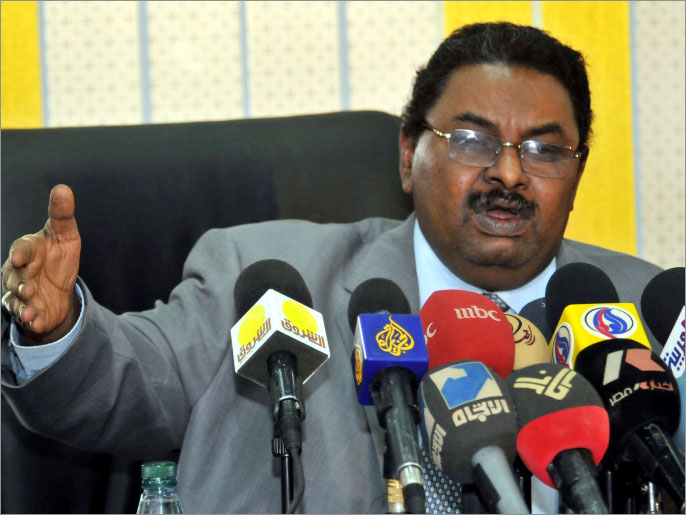
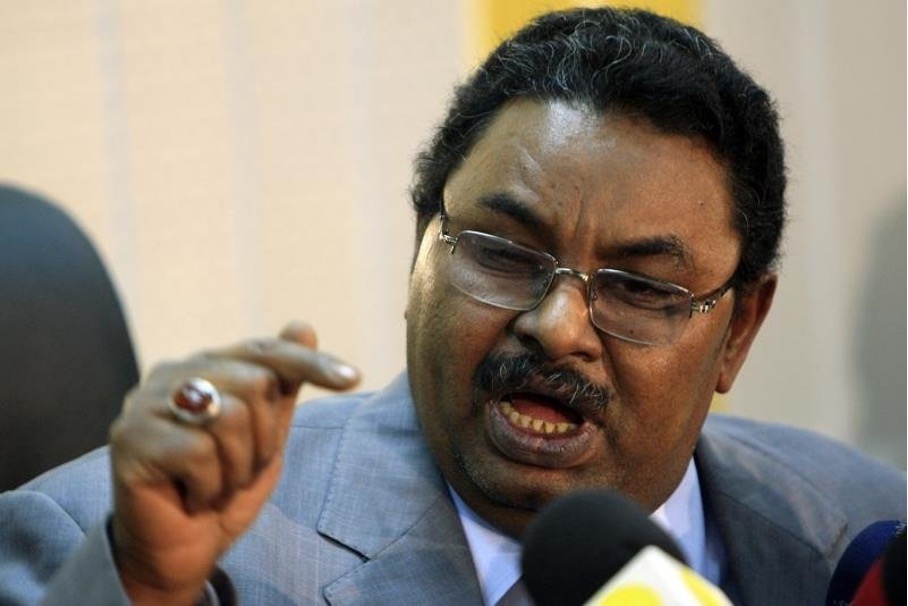
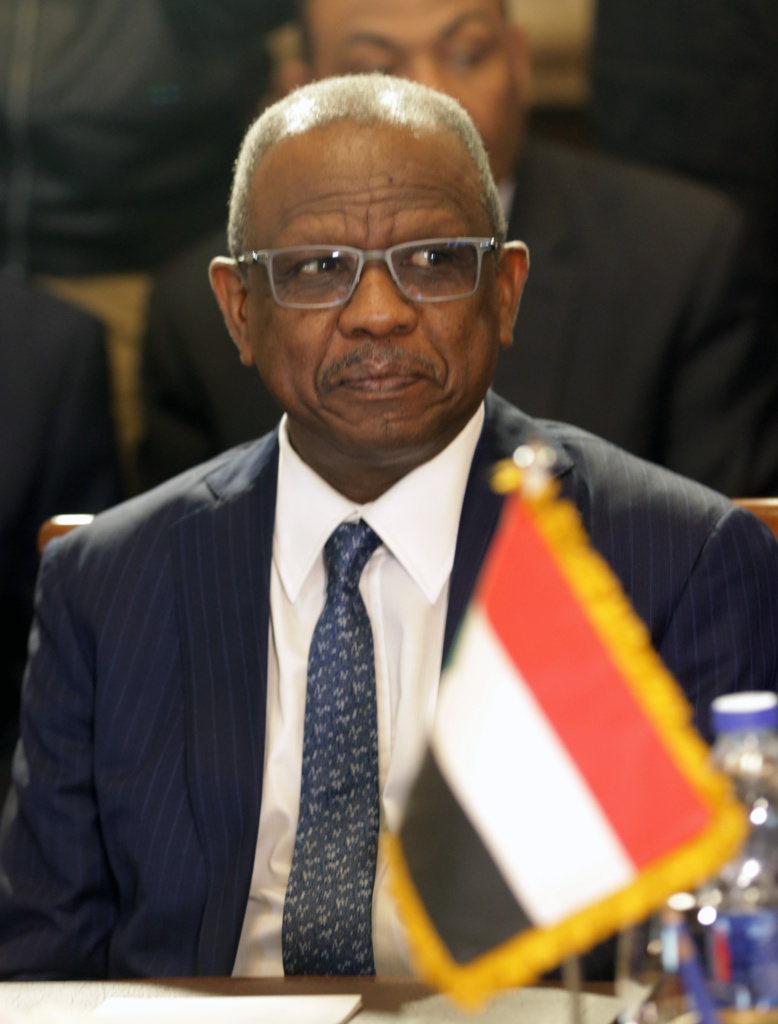
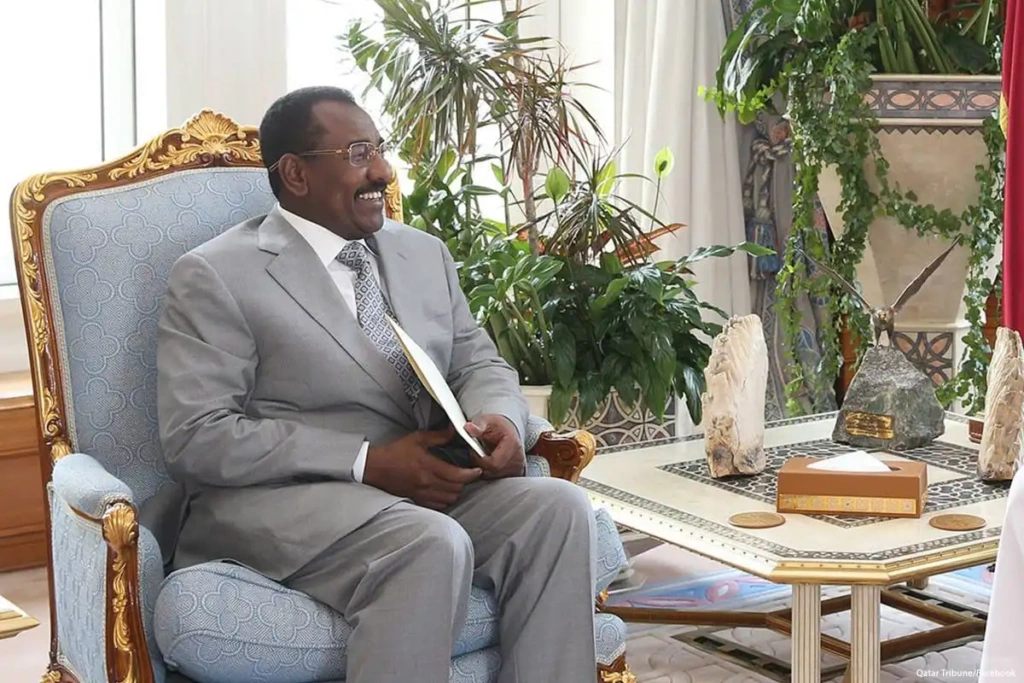
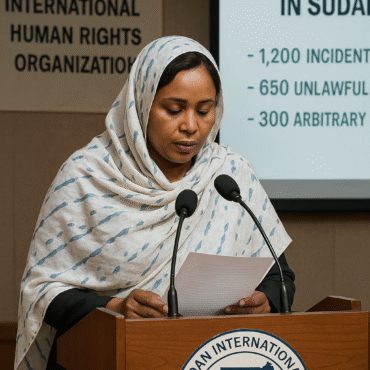
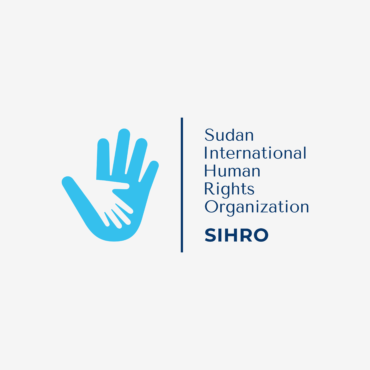
Add Comment